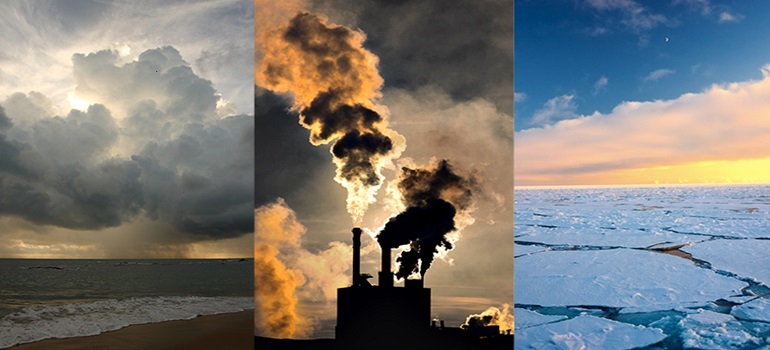
Climate change has resulted in “substantial” reduction of the country’s coral cover and growth in the last two decades, according to conservation group WWF India which has stressed the need for formulating a “holistic” approach for their protection.
It said the connectivity of India’s freshwater, coastal, offshore and marine systems must be taken into account when conserving such (corals) habitats and the management regimes must reflect this.
Coral diversity and formation of reefs are centred around four major regions – the Gulf of Kutchh and the Lakshadweep atolls on the west to the Gulf of Mannar and the Andaman and Nicobar islands on the East.
Besides these hotspots, patchy reefs are present in other coastal regions, from the coast of Goa and parts of the Malvan marine national park to the Kanyakumari district in southern Tamil Nadu.
Ajay Arun Venkataraman of WWF-India said that recent years have seen a slew of anthropogenic impacts threaten the future and health of coral reefs.
“Climate change is the primary threat, with multiple bleaching events occurring in the last two decades, resulting in substantial reductions to coral cover and growth.
“Increased atmospheric carbon dioxide levels have other more insidious effects on reefs, decreasing the pH of oceans and resulting in ocean acidification, which seriously hinder the reef building capacity of corals,” he said.
He pointed out that under the looming shadow of climate change, overfishing, unregulated coastal development, nutrient, heavy metal and chemical pollution, coral and coal mining, and sedimentation are a few examples of human impacts, all working together to degrade the world’s reefs. ( Read EPCA releases Report Card on Delhi’s air pollution)
“Increased coastal infrastructural development and a high dependency on coral reef systems, as a source of nutrition and livelihoods, place the future of not only our natural habitats but also our economic and social stability at risk.
“In addition, altered freshwater inputs into the ocean, bringing more sediment can cause siltation on existing reefs. Development plans for the Lakshadweep atolls and the Andaman and Nicobar Islands similarly threaten our island’s reefs,” Venkataraman pointed out.
He said in India, efforts to safeguard coral reefs have been in place since 1986, including the establishment of marine parts and biosphere reserves.
Coral restoration and research and monitoring efforts have been conducted in parts of India, such as the Gulf of Kutchh, in Gujarat to assess the status and health of the country’s reefs, he said.
There has also been significant protective legislation resulting in the inclusion of nearly all groups of coral under the Wildlife Protection Act, 1972, preventing the harvest and exploitation of all these species, he pointed out.
“However, protecting corals in a targeted fashion is not enough, from past experiences across the globe. These complex and sensitive ecosystems require a holistic approach, taking into account their vulnerability to all human impacts.
“The connectivity of our freshwater, coastal, offshore and marine systems must be taken into account when conserving such habitats and management regimes must reflect this,” Venkataraman said.
Observing that the economic value of coral reefs is extremely hard to estimate, given the transient nature of worth assigned to their goods, he said two-thirds of the base economic value assigned to oceans is a product of assets that rely on healthy oceans.
“Direct value can be estimated from fisheries revenue, with Southeast Asia’s coral reefs estimated to generate up to USD 2.4 billion annually. Fish catch off India’s coral reefs account for about 25 per cent of the total catch.
“In addition, the structure of the reef itself is comprised of calcium carbonate (limestone), valuable as a building material. What is harder to estimate is indirect economic generation from coral reefs, such as recreational activities to be carried out on reefs, and their own set of livelihood functions,” he added.
Source: PTI
ALSO READ:
Donald Trump blames India, China for his decision to withdraw from Paris climate accord
NGT appoints expert committee to study harmful effects of antimony on environment
India needs to ‘move fast’ to tackle air pollution: UNEP chief Solheim

